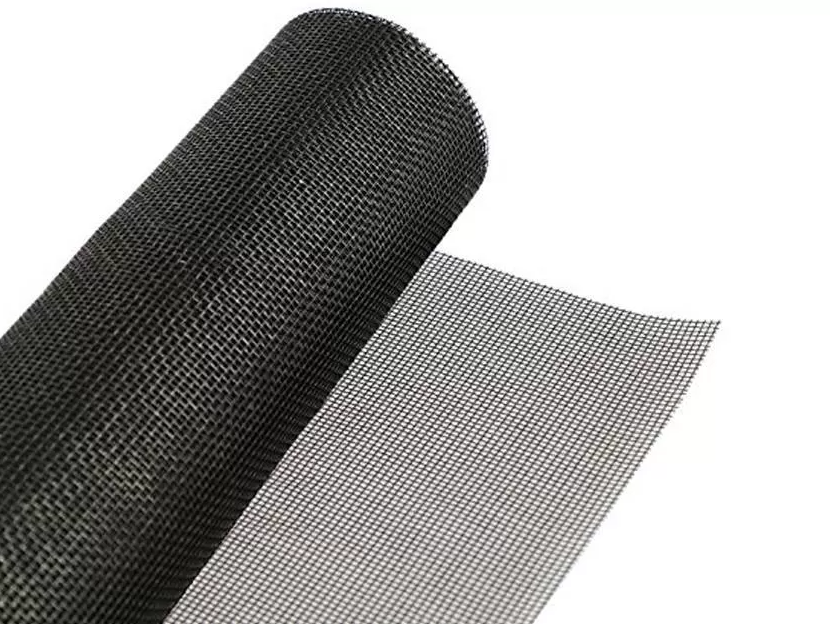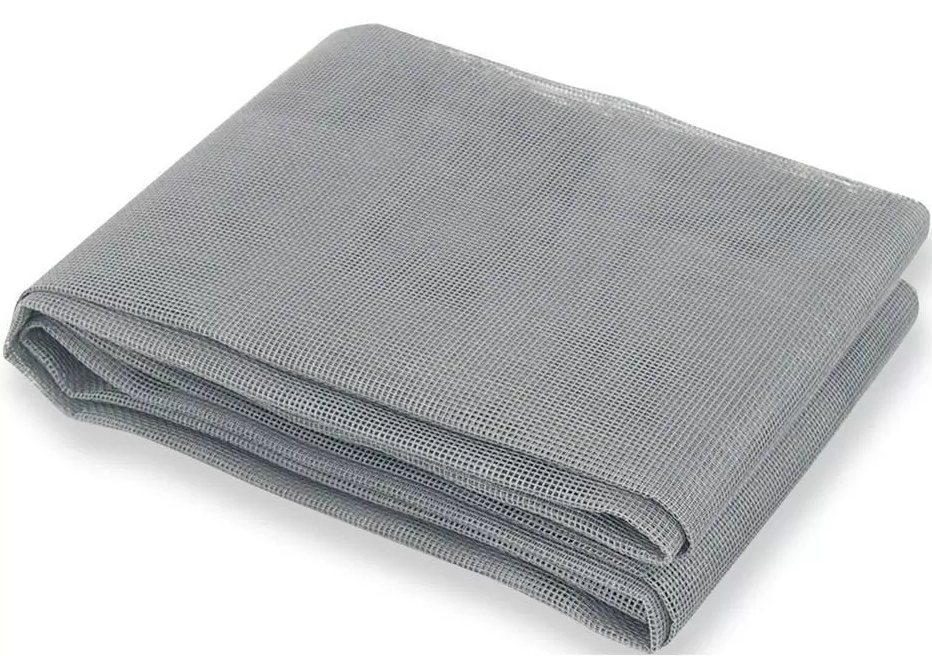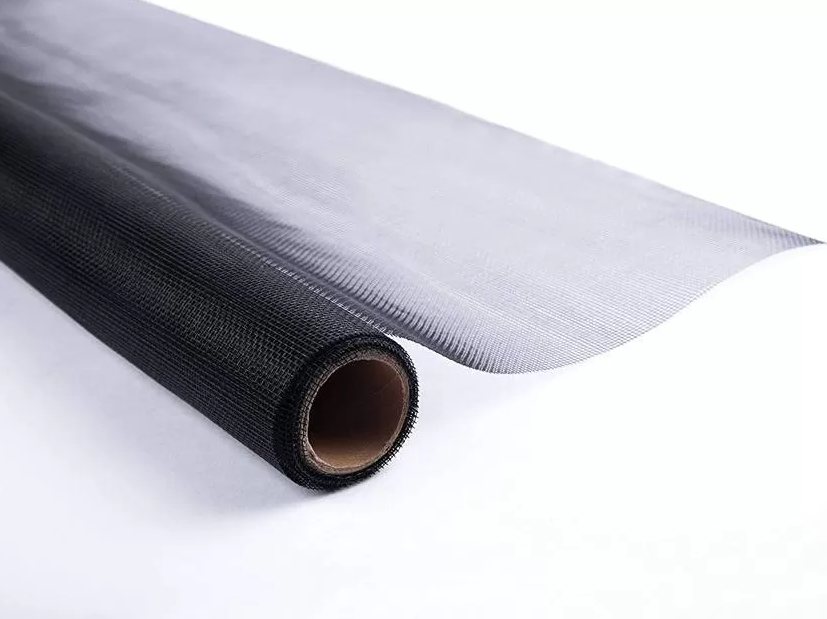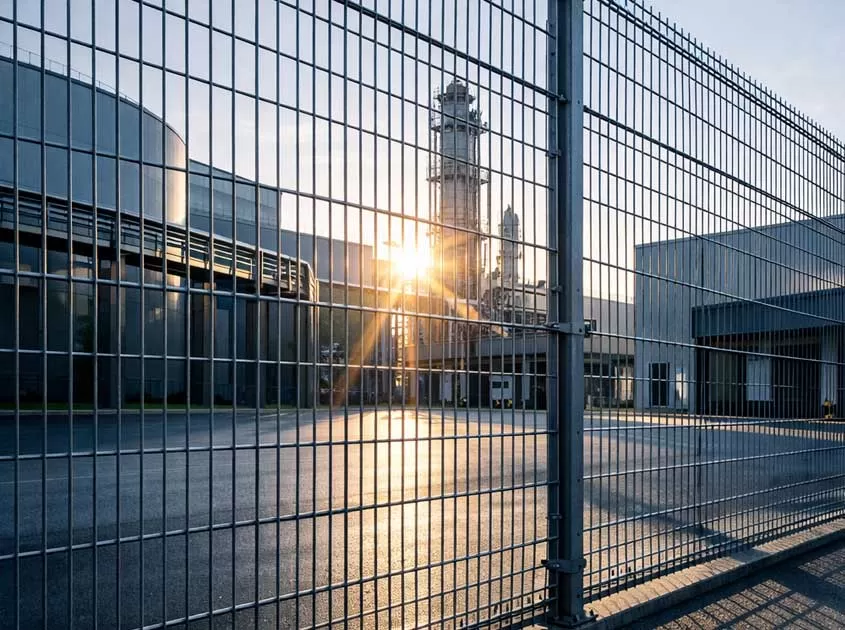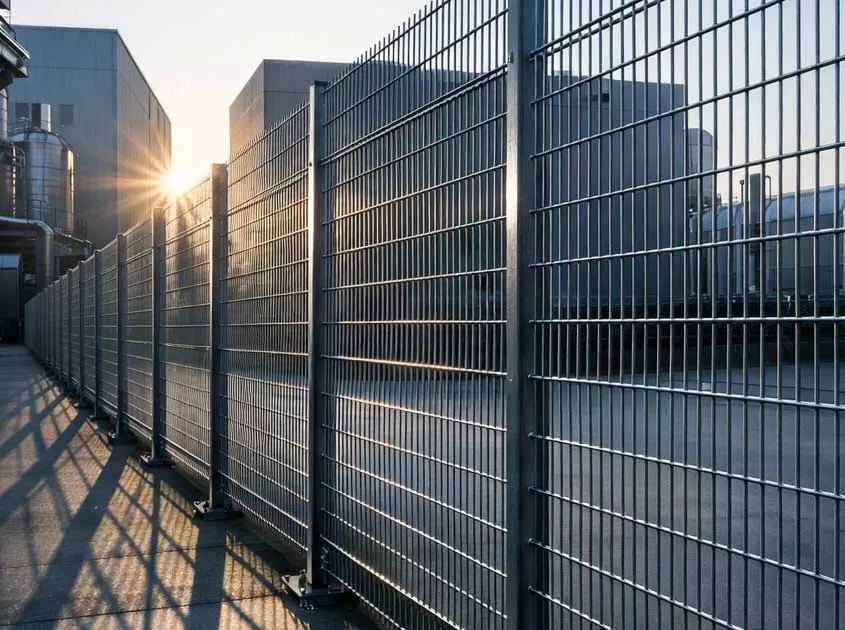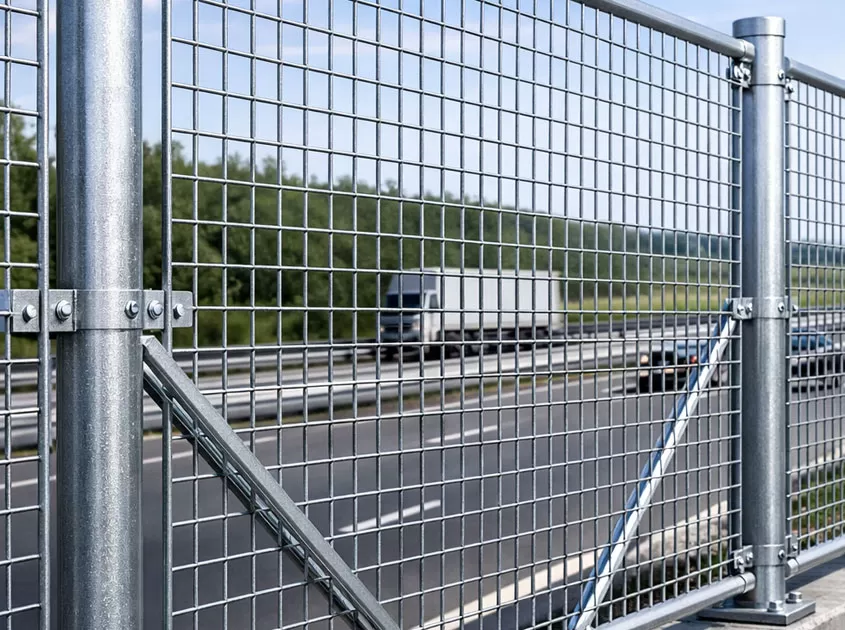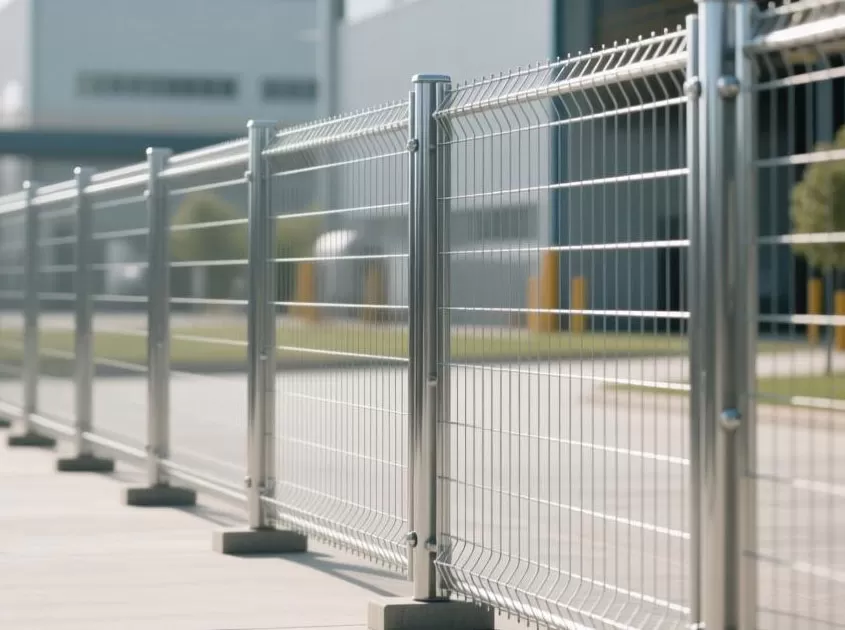Fiberglass vs. Aluminum Window Screens: Which One is Right for Your Home?
We’re here to help you make an informed decision in the age-old debate of fiberglass vs. aluminum window screens. Read on as we break down the pros and cons of both options to help you choose the perfect fit for your home.
What Window Screens Do?
Before diving into the specifics, it’s important to remember the main functions of window screens. Window screens help to:
Keep bugs out while allowing fresh air to circulate inside
Enhance home security by acting as an additional barrier
Improve energy efficiency, regulating temperature and ensuring your home stays comfortable year-round
Now, let’s compare aluminum and fiberglass window screens based on key factors.
Custom Fiberglass Window Screen
Fiberglass vs. Aluminum Window Screens: A Detailed Comparison
1. Lifespan and Durability
Fiberglass: Fiberglass screens are more resistant to corrosion and weathering, giving them a longer lifespan, especially in areas with humidity or salt exposure.
Aluminum: While aluminum screens tend to be more durable in terms of tensile strength, they are more susceptible to dents, scratches, and rust over time.
2. Visual Appeal
The visual appeal of your window screens largely depends on personal preference:
Fiberglass screens tend to have a smoother, sleeker finish, making them a popular choice for homeowners seeking a more modern look.
Aluminum screens, on the other hand, offer a more metallic finish that some may find less visually appealing.
3. Cleaning and Maintenance
Both aluminum and fiberglass window screens require a gentle touch when cleaning. However:
Fiberglass has an edge when it comes to maintaining its shape. It’s less likely to sag or stretch over time, which means it retains its form with minimal upkeep.
Aluminum screens, while durable, might require more frequent maintenance to keep their form intact.
Custom Fiberglass Window Screen
4. Price Comparison
Aluminum screens typically come with a higher upfront cost, but they may provide a longer-term investment due to their durability.
Fiberglass is often more affordable, making it a popular choice for those on a budget.
5. Environmental Impact
In terms of recyclability, aluminum has the clear advantage:
Aluminum is highly recyclable and can be reused without losing its quality, making it a more eco-friendly option.
Fiberglass, while not harmful, is less recyclable and has a larger environmental footprint in the long run.
6. Energy Efficiency
Fiberglass offers better insulation properties, which can improve your home’s energy efficiency. It helps regulate temperature by providing an additional layer of insulation between the outside air and your home.
Aluminum screens can conduct heat, which might affect the thermal properties of your windows and overall energy performance.
7. Soundproofing
For soundproofing, fiberglass takes the lead again. Its denser makeup provides superior sound insulation, reducing noise from the outside environment.
How to Choose the Right Window Screen for Your Home?
Now that we’ve covered the main differences between aluminum and fiberglass window screens, how do you decide which is best for your home? Consider the following factors:
1. Purpose and Function
If your primary concern is durability (for high-traffic areas or homes with pets), aluminum screens may be the better choice.
If aesthetic appeal and energy efficiency are more important to you, fiberglass might be the right option.
2. Budget
Your budget plays a big role in your decision:
Aluminum screens, while more expensive, are generally more durable and long-lasting.
Fiberglass offers great value for money, especially if you’re looking for a cost-effective solution without sacrificing performance.
3. Environmental Concerns
For those with an eye on sustainability, aluminum edges ahead because it’s fully recyclable, making it a better option for environmentally conscious consumers.
4. Location and Climate
Consider your local climate:
If you live in a coastal area with high humidity and salt exposure, fiberglass is more resistant to corrosion.
In areas prone to heavy weather or animal damage, aluminum screens are more robust and better suited to harsh conditions.
Conclusion: Which Screen Is Right for You?
Ultimately, the decision between aluminum and fiberglass window screens comes down to your specific needs and preferences. Here’s a quick recap:
Fiberglass offers better insulation, visual appeal, and weather resistance.
Aluminum provides superior strength, recyclability, and long-lasting durability.
Both materials have their strengths, and your choice will depend on factors like budget, location, and environmental impact.
Learn More About High-Quality Window Screens From the Experts
Whether you’re leaning toward aluminum or fiberglass window screens, Northwest Exteriors is here to guide you through the selection process. Our team of experts offers personalized advice tailored to your unique needs, ensuring you make the right choice for your home.
With our exclusive range of high-quality window screens and professional installation services, you’ll enjoy enhanced ventilation, protection from pests, and aesthetic appeal that lasts.
Contact Us today for a free window screen assessment and let us help you create a comfortable, energy-efficient living space that reflects your style.
-
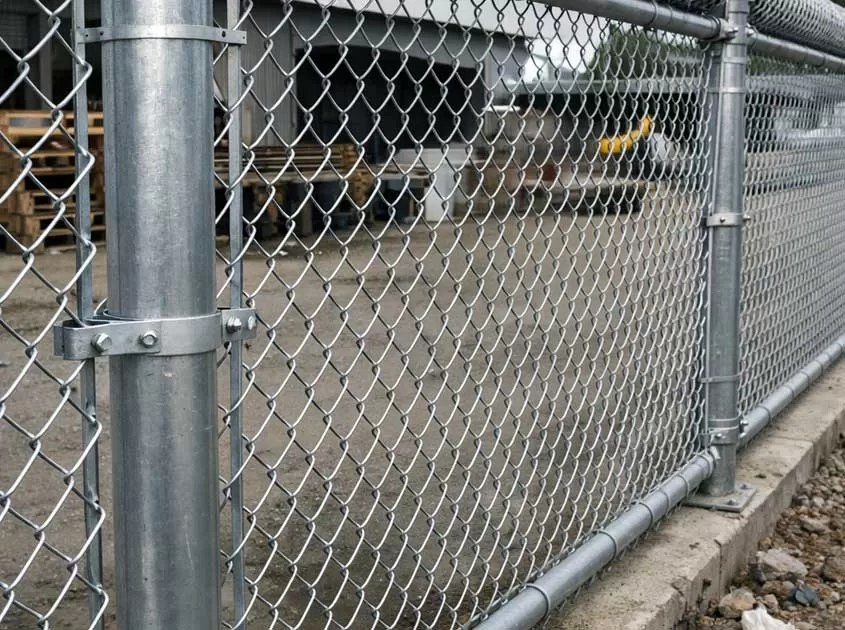 Why Galvanized Wire Mesh Is Popular in South America Jan 26, 2026
Why Galvanized Wire Mesh Is Popular in South America Jan 26, 2026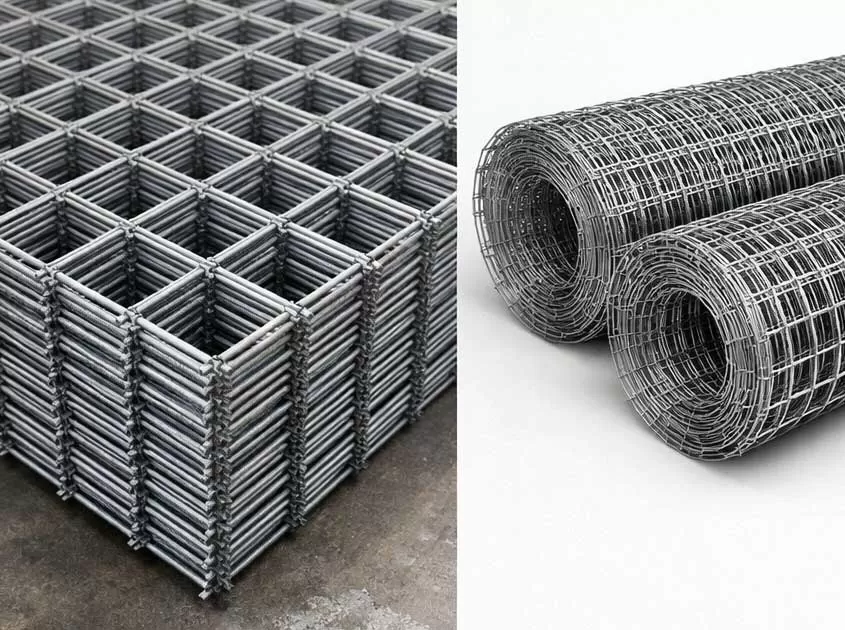 How to Check the Quality of Welded Wire Mesh Jan 16, 2026
How to Check the Quality of Welded Wire Mesh Jan 16, 2026

- Tel.: +86 311 83077076
- E-mail: sales@qunkunmetal.com
- Skype: qunkunsales01
- WhatsApp: 8618032412189
- Add.: No.69 The Filter Industrial Part of Anping, Hebei, China




